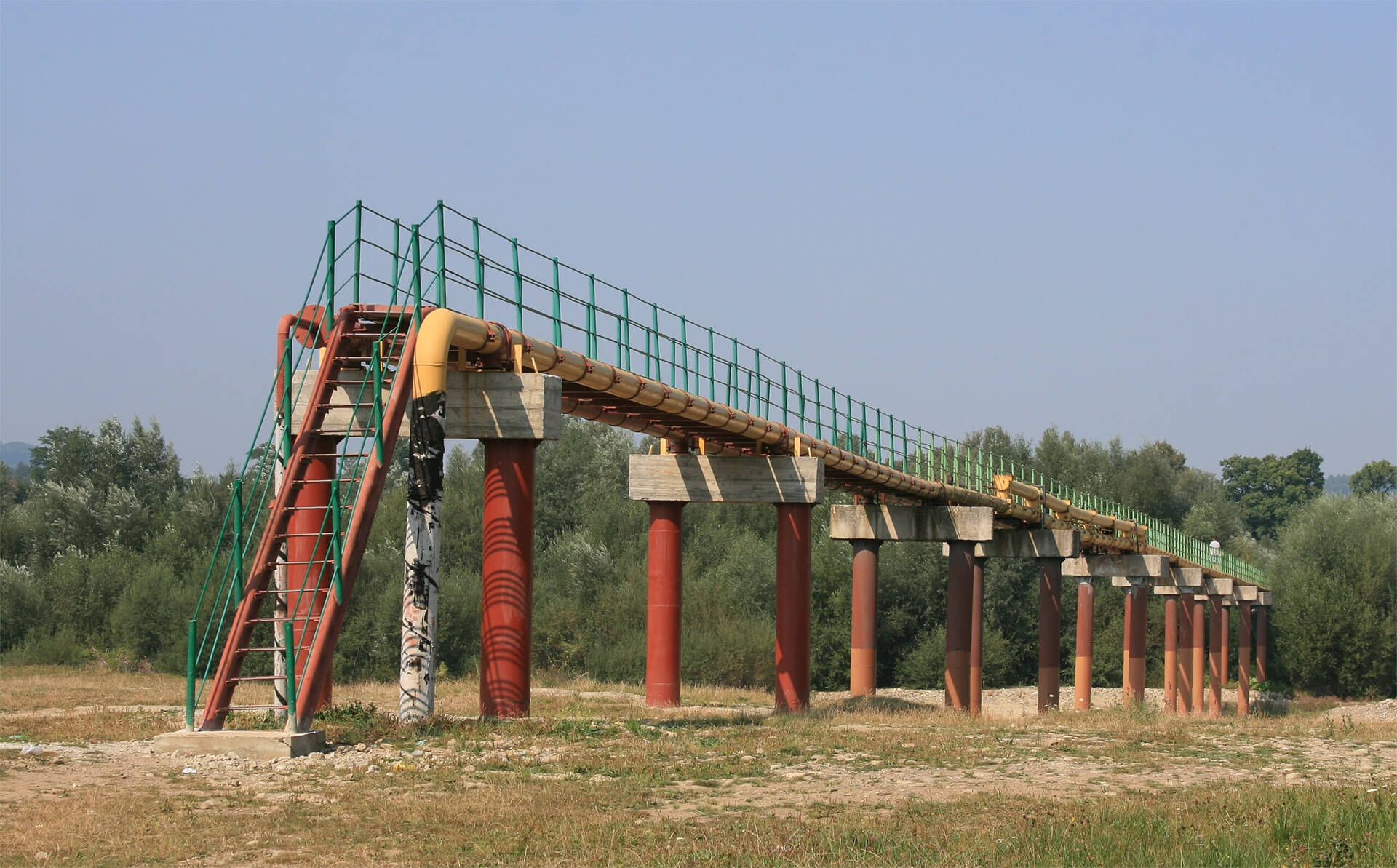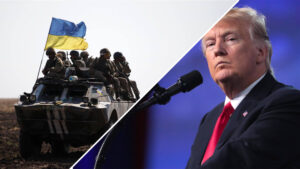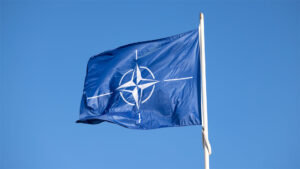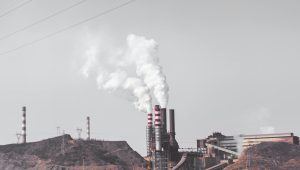The Russians have been funding their war effort in Ukraine with oil exports, but some new Ukrainian tactics are disrupting that flow.
Ukraine has begun striking pumping stations along the Druzhba pipeline. Since the majority of Europe no longer relies on Russian crude, these attacks mainly pressure those few holdouts…like Hungary. This is Kyiv’s way of dipping its toes in the water; if Europe and Washington tolerate it, expect to see an escalation in strikes.
Should that happen, Russia’s ability to fund the war effort would quickly diminish and we could see the most dramatic economic shift in the war so far.
Transcript
Hey all. Peter Zeihan here. Coming to you from Colorado. And today we’re going to talk about oil exports from Russia and a new wrinkle in the Ukraine war. As I’m sure most of you know, there are a number of sanctions against all things Russian at all levels. And energy is one of the most important ones. Oil has has long been Russia’s number one source of financing.
And until the Ukraine war began, the vast majority of that crude flowed west through what’s called the Druse, but pipeline network to Western Europe and Central Europe. But bit by bit, the Europeans have weaned themselves off. And aside from a few exceptions for Hungary, Slovakia and Czech Republic, who are all landlocked countries, and so I’ve limited options, everyone else in Europe is stopped using Russian crude directly.
You can make the argument that the crude is being exported somewhere, refined in the finished product and sent back to Europe, and that’s fair. But in terms of raw crude, it’s no longer going to the Europeans really much at all. The Drupal pipeline maintains a capacity of well over a couple million barrels per day and is now only taking shipments of about 400,000.
So we’re looking at a significant reduction already. And some of those flow through is aren’t even Russian crude. They’re Kazakh crude, which is not affected by the sanctions anyway, the newest development is that over the course of the last 18 months, the Ukrainians have gotten better at better at striking economic targets within the Russian Federation, specifically going after the energy complex.
Now, until now, most of those attacks have focused on things like refineries, where the value add it generates some more income for the Russians and generates the fuel that they need for the war machine. But what we’ve seen in the last couple of weeks is our first meaningful attacks against Russian oil transit, specifically pumping stations on the Druze.
But network now, if you’re French or British or German or Italian, this doesn’t matter because you don’t use that crude. But if you’re Hungarian and you’ve been opposing European actions to assist the Ukrainians for a while now, all of a sudden you’re getting a little apple uptick. And so the Hungarian government has been very accusatory towards the Ukrainians.
And you should expect more of this. What this basically is, is a test case to see what Europe’s collective response will be, to see what Trump’s response will be and if they are muted. You should expect the Ukrainians to go after those pumping stations in volume. Now that the Europeans have pretty much weaned themselves off completely, we’ve had a flip of the political considerations.
Had this happened earlier in the war, the Europeans probably would have backed away from support in Ukraine for economic reasons. But now that they’ve moved on, the Ukrainians are seeing an opportunity belatedly to take out the entirety of the Russian oil export income. And if they can do that, then all of a sudden the Russians can’t pay the Iranians for imported drones, they can’t pay the Koreans, the North Koreans for imported artillery shells, and they can’t pay for all the drone parts that come in from China.
If this works, it is potentially the most dramatic economic shift we’ll have seen in the war to this point. And the Russians are going to have to find a new way to fund everything. But this early days, this is just step one. The Ukrainians are now in wait and see mode to see how everyone reacts.









